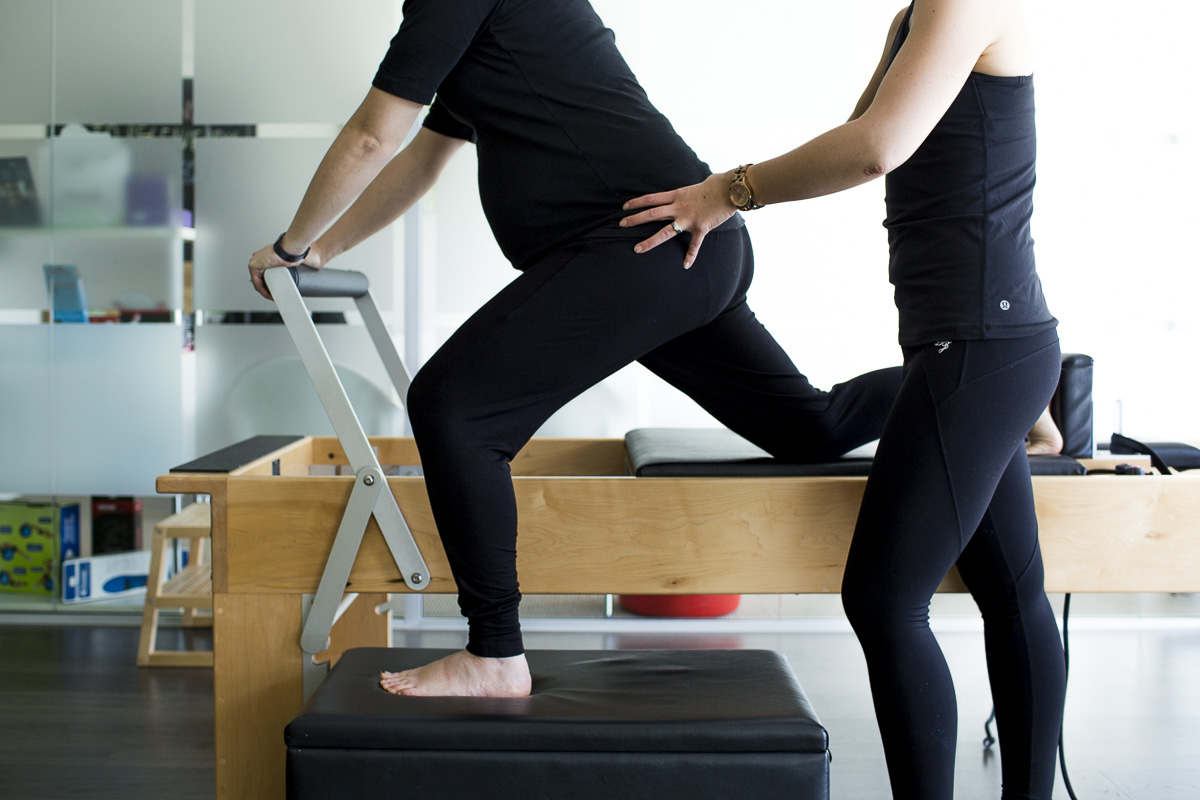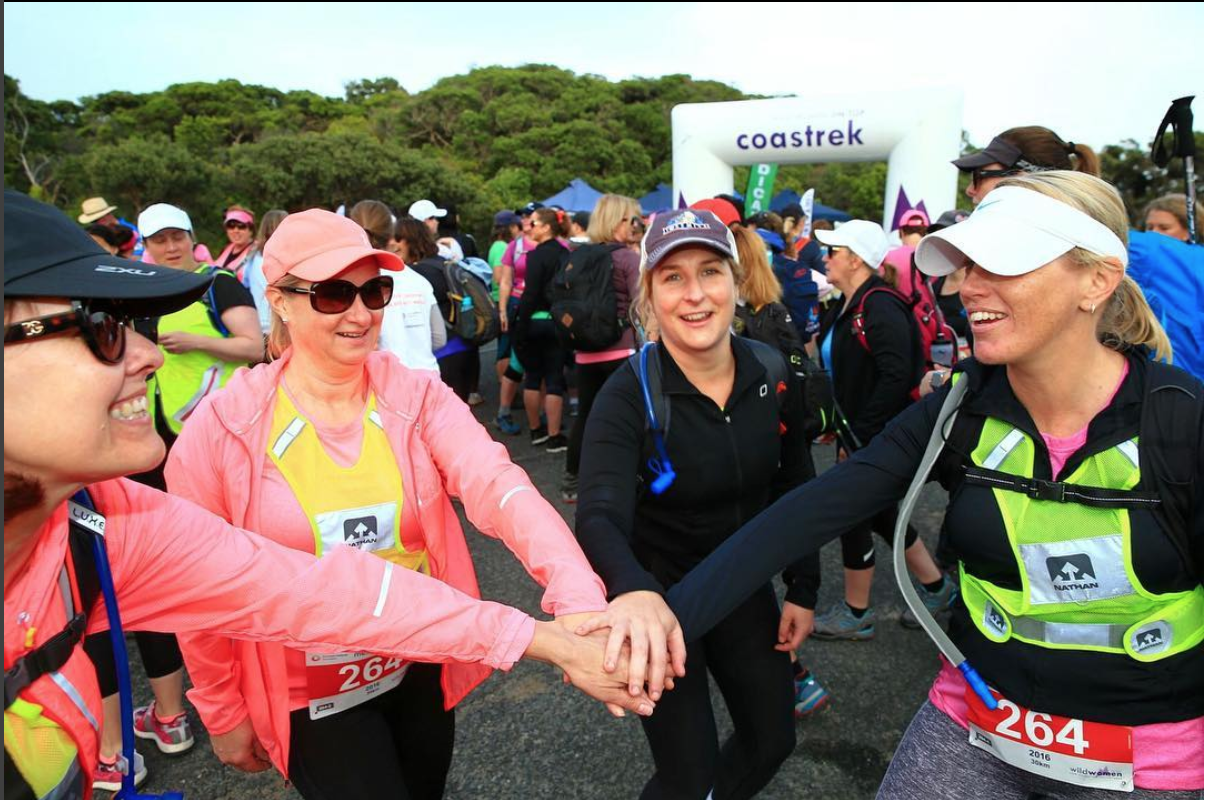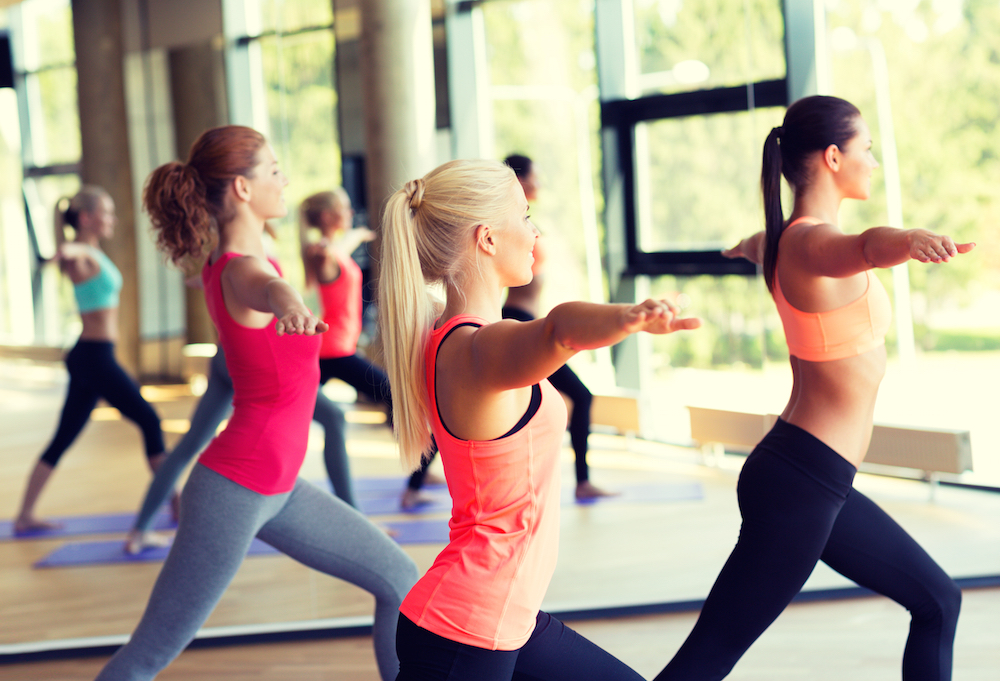Keeping active during pregnancy
Many pregnant clients ask us the best way in keeping active during pregnancy. In the past it was recommended that women rest whilst their bodies adapted to growing another little person inside. Exercise was to be avoided and lifting kept to a minimum. However now it is recommended by specialists, doctors and physiotherapists to keep exercising and encourage gradual strengthening.
New mums need their strength both during and after their pregnancy for a few key reasons. Firstly during a single pregnancy most mothers-to-be will end up carrying an extra eight to twenty kilos of weight so any extra thigh and back strength is going to help with offloading your joints in your pelvis, hips and knees.
After birth a newborn will weigh on average 3.3kg which is a weight that will need to be lifted and carried right from day one, whilst by four months your childs weight can double and by twelve months can triple. Imagine walking around lifting and carrying a kettlebell of 7-10kg all day!
Therefore strengthening exercise like pilates (both matwork and reformer) can be so helpful both during and after pregnancy. There is evidence that increased strength can help with reducing back pain, reducing risk of gestational diabetes, cramps and leg swelling. It is also a chance to talk about the changes that are happening to your body in a supportive environment.
Having a university trained physiotherapist overseeing your graduated strength training in a small supervised session will help guide your journey through pregnancy and beyond whilst helping you meet the demands of motherhood from a physical perspective. As exercise professionals we understand that all bodies are different and not everyone has done exercise before so we ensure that a one-on-one session is conducted prior to joining any group classes so we can best understand your background and goals and any specific concerns you may have. We have pre and post natal specific classes which your physiotherapist can discuss with you.
If you are at any stage from planning a pregnancy to having delivered a child we would recommend an assessment with one of our experienced physiotherapists at Physio On Miller. Please give us a call on 02 8065 6902 with any questions.







